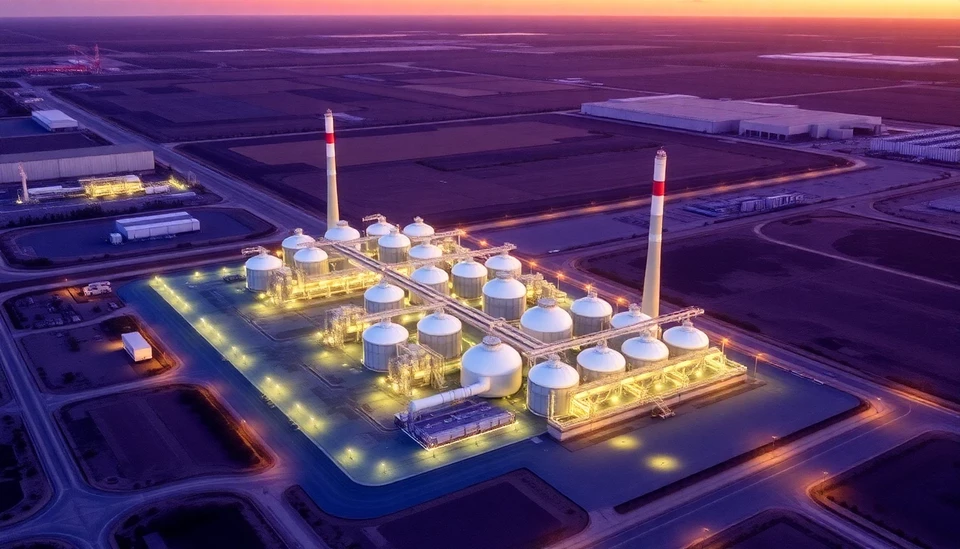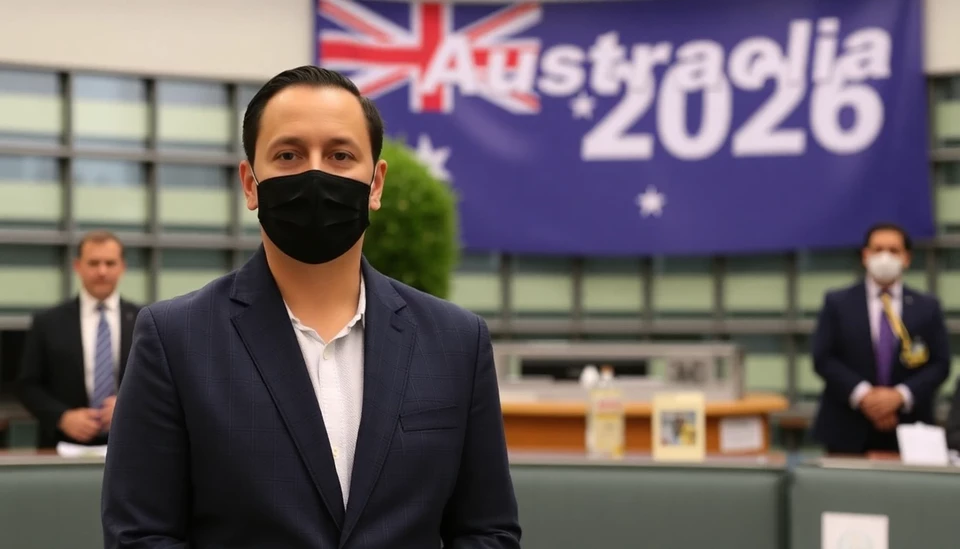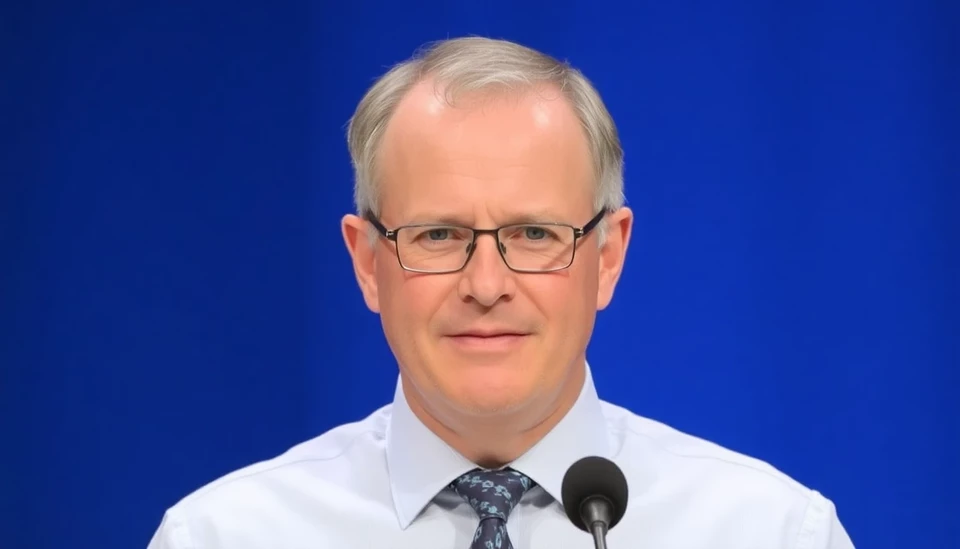
In a development that threatens to reshape Australia’s energy landscape, a proposed $20 billion gas plant near the coast has become a focal point of political contention as the nation prepares for upcoming elections. This ambitious project aims to bolster domestic energy production, yet it simultaneously highlights the underlying challenges Australia faces in balancing economic growth, environmental commitments, and energy security.
Set against the backdrop of increasing global energy demands and the pressing need for Australia to transition towards more sustainable sources, the gas plant development has ignited fierce discussions among politicians, environmentalists, and industry stakeholders. While supporters argue that this facility is essential to ensure energy reliability and price stability, critics assert that it contradicts Australia’s commitments to reducing carbon emissions and combating climate change.
The proposed gas plant, intended to support both residential and industrial energy needs, is indicative of Australia’s reliance on fossil fuels despite a global pivot towards renewable energy sources. Advocates for the project claim it will create thousands of jobs and contribute significantly to the local economy, while those opposed to it warn of its potential long-term environmental impacts, particularly the risk of increased greenhouse gas emissions.
As the election date approaches, various political parties are outlining their energy policies, with the governing coalition pushing for traditional energy projects, whereas opposition factions advocate for a faster transition to renewable energy technologies, such as solar and wind power. This clash over energy policy not only reflects differing economic ideologies but also highlights the broader tensions between immediate economic needs and long-term environmental sustainability.
Polling data suggests that energy policy has become a crucial issue for voters, especially in regions directly affected by such developments. A shift in public perception is palpably felt, with a growing segment of the electorate prioritizing climate initiatives alongside economic growth. As a result, candidates are being pressed to clarify their positions on the gas plant and overall energy strategy in a way that resonates with their constituencies.
In response to environmental concerns, some proponents of the gas plant have countered with claims that natural gas is a lower-emission alternative to coal, which could serve as a "bridge fuel" on the path to carbon neutrality. However, environmental advocates remain skeptical, emphasizing the need for immediate diversification towards renewable options rather than expanding reliance on gas infrastructure.
The outcome of the political debate surrounding the gas plant could have significant implications for Australia’s energy policy trajectory. As the country grapples with the dual challenges of ensuring energy reliability while also committing to emissions reductions under international agreements, the decision on this project could serve as a pivotal moment in defining Australia’s energy future.
As residents await the electoral verdict, this situation reiterates the complexity of energy issues in a country rich in fossil fuels yet in urgent need of a sustainable framework that protects both its economy and environment for future generations.
With Australia's energy debate heating up, the gas plant proposal serves as a litmus test for political strategies heading into an election season marked by competing interests and the pressing need for an energy solution that meets both economic and environmental standards.
As citizens and politicians continue to voice their opinions, the future of energy policy in Australia hangs delicately in balance, poised for a transformation that could set the stage for years to come.
#AustraliaElection #EnergyPolicy #GasPlant #RenewableEnergy #ClimateChange #EconomicGrowth #EnvironmentalImpact
Author: Peter Collins


